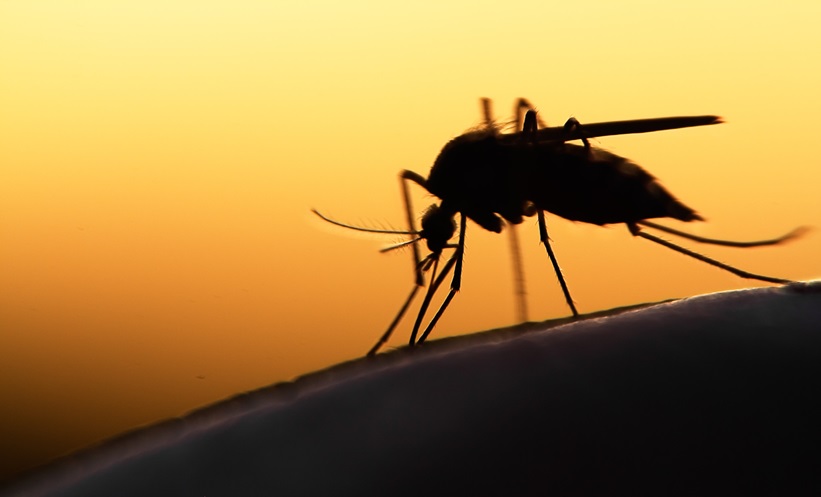This content was funded by Octapharma.
This scientific information may include data/information on investigational uses of compounds/drugs that have not yet been approved by regulatory authorities. This program was developed for use outside the USA, is intended for HCPs outside the USA, and is to be used in accordance with local laws and regulations.
Patients with hematologic malignancies are at increased risk of infections, driven by both disease-related immune dysfunction and the effects of therapies compromising immunity. This session focuses on how therapies contribute to immune impairment and the resulting challenges in infection prevention and management.
Topics Covered:
- B cell targeted treatments including anti-CD20 monoclonal antibodies and CD-19 CAR-T cell therapies are known to induce secondary immune deficiencies.
- In multiple myeloma, treatments such as anti-CD38 monoclonal antibodies, bispecific antibodies, and BCMA-directed CAR-T cells are commonly used and can profoundly compromise immune function.
- Key considerations for identifying high-risk patients and managing infections with prophylactic strategies are explored in detail.
With these therapies becoming more widely used, and given the significant risk of antibody deficiencies and associated infections, defining best practices for infection prevention and supportive care is increasingly important. This session provides practical guidance informed by both current evidence and clinical experience to support clinical decision-making in this evolving landscape. Prophylactic strategies including the use of intravenous and subcutaneous immunoglobulin therapies are discussed, supported by the latest clinical data, expert recommendations, and guidelines.
Speakers
Susan O'Brien (Chairman)1
Sara Barmettler2
Hartmut Goldschmidt3
Stephen Jolles4
1. Chao Family Comprehensive Cancer Center, University of California-Irvine, USA
2. Allergy and Immunology, Massachusetts General Hospital, Boston, USA
3. Heidelberg University Hospital and National Center for Tumor Diseases, Germany
4. Immunodeficiency Centre for Wales, University Hospital of Wales, Cardiff, UK; University & University Hospital of Wales, Cardiff, UK







